Muhammad Yunus, the Nobel Peace Prize laureate and interim leader of Bangladesh, announced that national elections would be held in the first half of April 2026. Yunus, who assumed leadership in August 2024 following the ousting of former Prime Minister Sheikh Hasina, emphasized the need for comprehensive electoral and institutional reforms before proceeding with the elections. He stated that the Election Commission would provide a detailed roadmap for the electoral process at an appropriate time.
The announcement came amid growing pressure from political parties, particularly the Bangladesh Nationalist Party (BNP), which had been advocating for elections to be held by December 2025. BNP leader Khaleda Zia, who was acquitted in a 2008 corruption case in January, expressed concerns over the delay, citing potential instability if the elections were postponed beyond 2025.
The political landscape in Bangladesh has undergone significant changes since the student-led uprising that led to Hasina’s ousting. In the aftermath, a new political party called the National Citizen Party was formed by student protesters. Led by Nahid Islam, the party aims to end the political division entrenched by the Awami League and the BNP. The National Citizen Party seeks to draft a new constitution and prioritize the country’s interests without aligning with neighboring India or Pakistan.
Internationally, the European Investment Bank (EIB) has shown interest in supporting Bangladesh’s economic recovery amid the political turmoil. EIB Vice President Nicola Beer announced plans to double the bank’s financing to Bangladesh to €2 billion, focusing on projects related to green energy, water security, communications, and climate change. However, Beer also expressed concerns about human rights issues in the country, emphasizing the importance of rights and freedom of expression in discussions with Bangladeshi authorities.
Domestically, Yunus has been critical of the economic growth figures reported during Hasina’s tenure, describing them as “fake” and accusing the international community of overlooking alleged corruption. He has called for inclusive growth and efforts to reduce wealth inequality, focusing on improving the quality of life for the poorest citizens.
As the country prepares for the upcoming elections, the interim government under Yunus faces the challenge of implementing necessary reforms to ensure a transparent and participatory electoral process. The Election Commission is expected to release a detailed roadmap for the 2026 election, outlining the steps and timelines for the electoral process.
The political developments in Bangladesh continue to evolve, with various stakeholders working towards stabilizing the nation and preparing for the forthcoming elections.

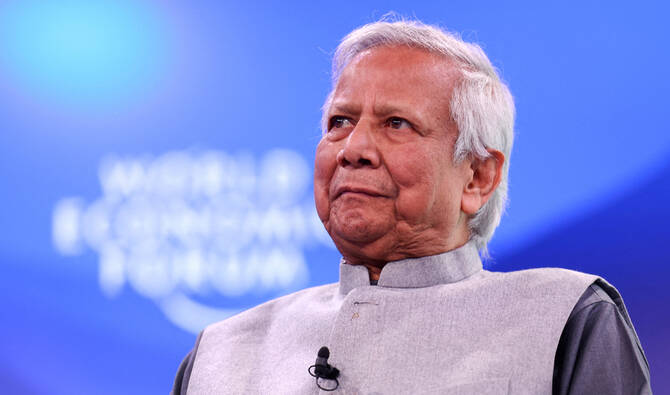

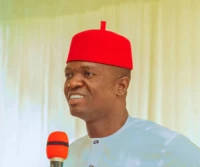
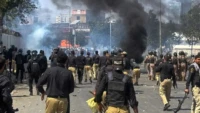
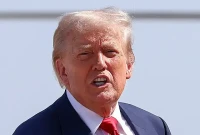

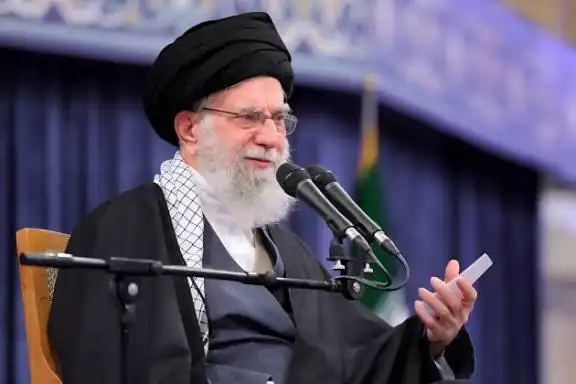
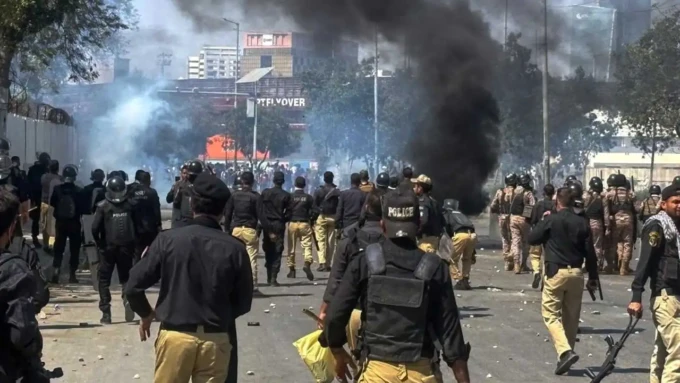

Do you think Yunus is the right choice for interim leader? Will the elections bring positive change or more chaos? Lets discuss!
Do you think Yunus will bring positive change or more of the same in Bangladeshs upcoming elections? Lets discuss!
I wonder if Yunus can bring real change or if its just the same old politics in Bangladesh. Exciting times ahead!
Can Yunus bring positive change or will it be more of the same? Curious to see how this election plays out!
I wonder if Yunus can bring real change or is it just another political game? Excited yet skeptical. Lets see!
I wonder if Muhammad Yunus will bring real change or just more of the same. Excited to see how it plays out!
I wonder if Yunus will bring real change or just more of the same in Bangladeshs upcoming elections. What do you think?
Why wait so long for elections? Is there a valid reason behind the delay or just politics as usual? #BangladeshElections2026